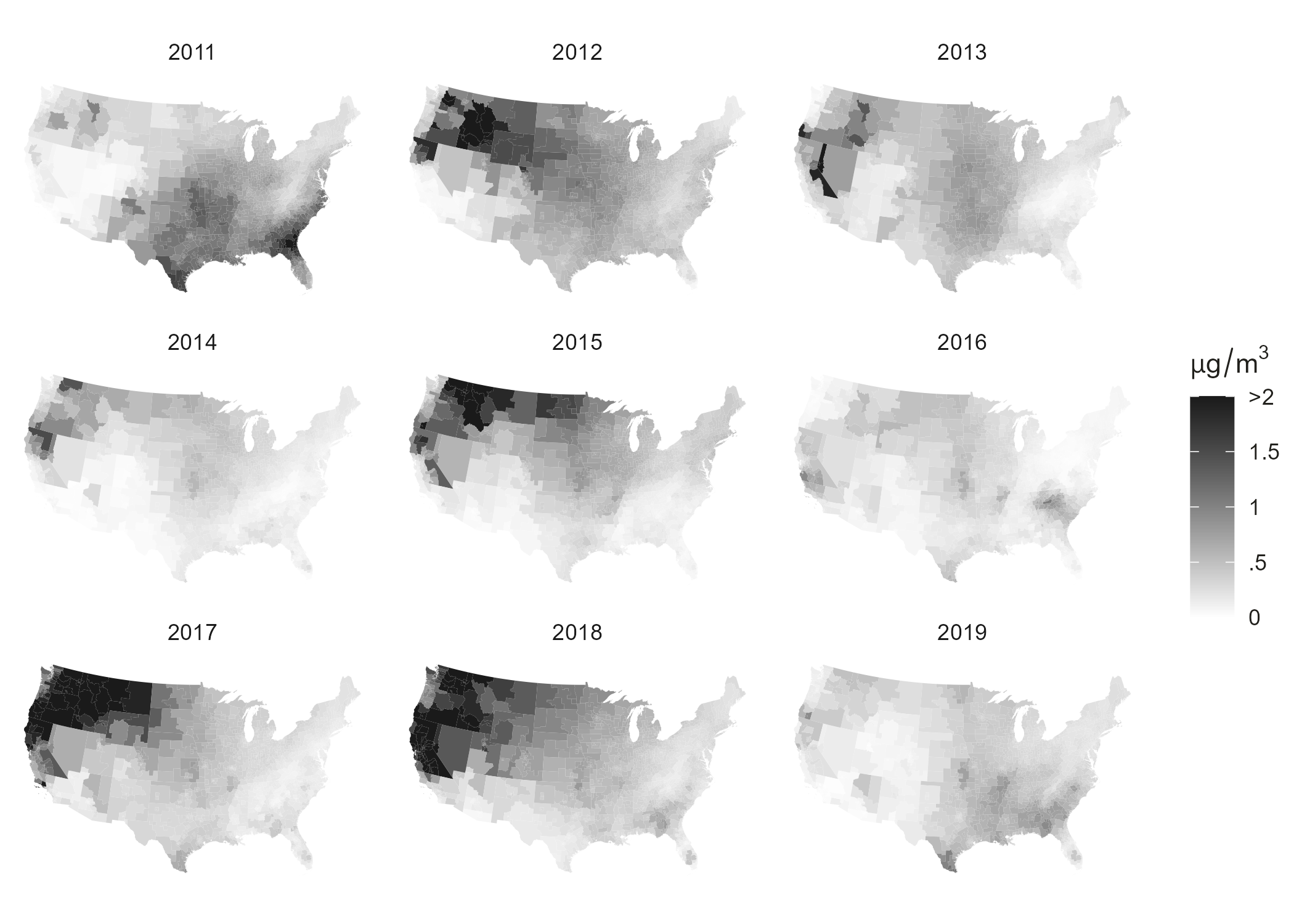Economist
aamaya2[at]hawaii.edu
CV My GitHubI am currently an Economist at the Hawaii Public Utilities Commission where I apply economic theory and analysis to help regulate essential services. I help set fair rates, evaluate utility investments, ensure service reliability, and balance consumer protection with utility financial health.


